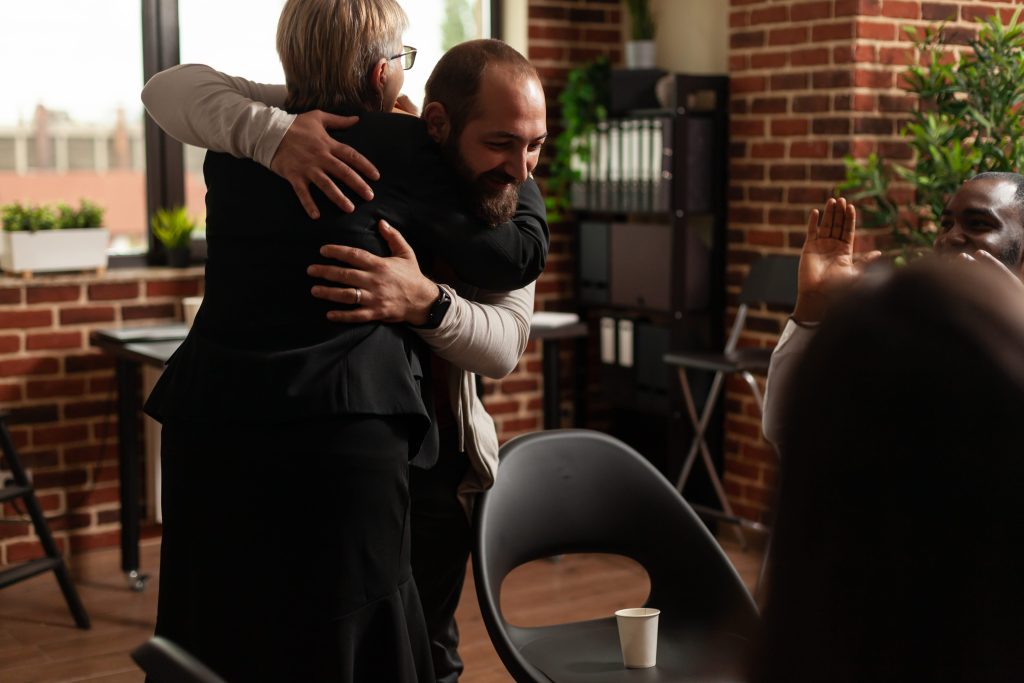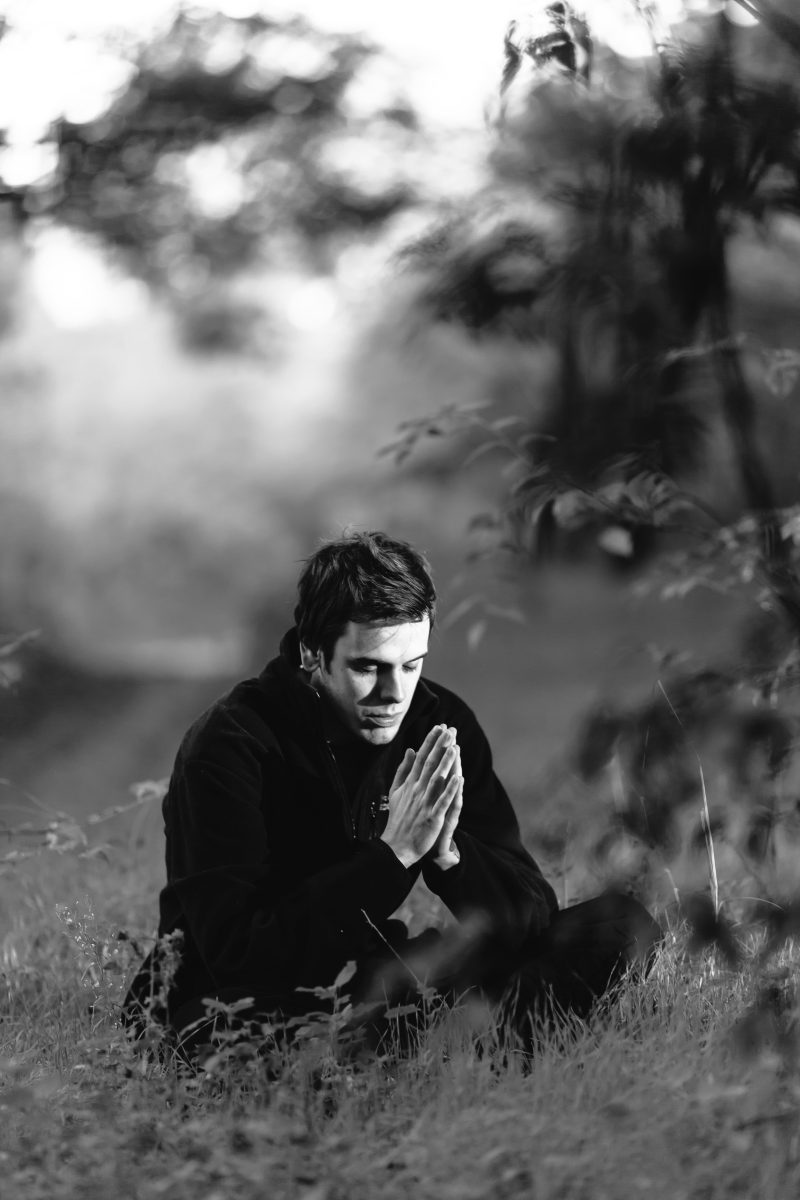Spiritual growth in addiction recovery
Prayer and meditation are natural processes. They are responses to our relationship with our Higher Power. That relationship has deepened throughout our recoveries. For many of us, this means a change in our prayer – our approach – to God as we understand God.
The prayers we once thought served our needs so well may no longer be satisfactory. Perhaps we have only used prayer as a last resort when we felt desperate or alone. As we think about our prayer life, we might see we are trying to rain old, rigid patterns of prayer which no longer reflect our current relationship with our Higher Power. Each of us has a unique relationship with God, so it is only logical to approach prayer and meditation more personally.
Some aspects of prayer, however, are common to all of us. We share the same inner need to communicate with our Higher Power. We face the same obstacles to prayer, and – although our approaches may be different – the results of our prayers can be the same: a sense of closeness, a feeling of being understood and confidence in being heard and answered.
We may worry that we are praying incorrectly, with wrong motives, or poor understanding. We want to develop our conscious contact with God as we understand God, but the way to do this seems unclear.
Consequently, we find ourselves looking for the right way to pray, the right place in which to pray, or the right time. We recognise the importance of our spiritual lives and see it as so necessary that we might fall into our old traps: perfectionism. This perfectionism gradually creeps into our thinking, and we tell ourselves s the spirituality we desire is ours only if we perform perfectly. We are not trying to tell you the right way or meditation in the perfect place or at a precise time. Instead, let’s look at prayer as a natural communication with our Higher Power as part of a growing relationship.
Throughout recovery, all of our relationships have changed. Most of these have been changes for the better, if not all. Today, we probably feel closer to our loved ones and can better communicate with them. The same may be true in our dealing with colleagues, casual acquaintances, or even strangers we encounter. Because we have grown, all of our relationships have also improved. This improvement is evident in our relationship with our Higher Power. And in this, like our other relationships, we find we have a greater need to communicate, talk, and share ourselves. With God, these needs find expression in prayer.

The Twelve Step Program and Spirituality
Our increased awareness of our Higher Power in our lives goes hand in hand with our growth in a Twelve Step program. We might have to remind ourselves to see our growth as ongoing and ever-increasing. Each time we conscientiously read and work on one of the Steps, we are rewarded with more acceptance, greater humility, or more of whatever that particular Step emphasises. We don’t constantly go back to the beginning of our program. We progress, build, and grow from the point where we now stand.
Our spirituality is no different. Here, too, we are constantly growing. Today we don’t view our Higher Power as we did when we started seeing an addiction therapist or started attending Twelve Step meetings or checked into rehab. We have shared intimate details of our lives with another human being and God. We have asked God to restore us to sanity. We have trusted God with our lives, wills, and innermost selves.
Of course, God does not appear in person. Our Higher Power may talk to us through a group, counsellor or sponsor in the fellowship.
Our spiritual growth will not stop today. A week, a month, or a year from now, we will have built on today’s spirituality and found an even more robust recovery and a deeper relationship with our Higher Power.
And why has this relationship with God grown so much during recovery? And why, if it has grown, do we find we desire even greater closeness? The answers to these questions for many of us exist within a Twelve Step program. The tools essential for recovery are also the basic elements of improving our awareness of and communication with God: acceptance of powerlessness and turning our wills and lives over to God.

Freephone: 0800 140 4044
Local rate: 0300 330 3040
Contact us here to find out more



